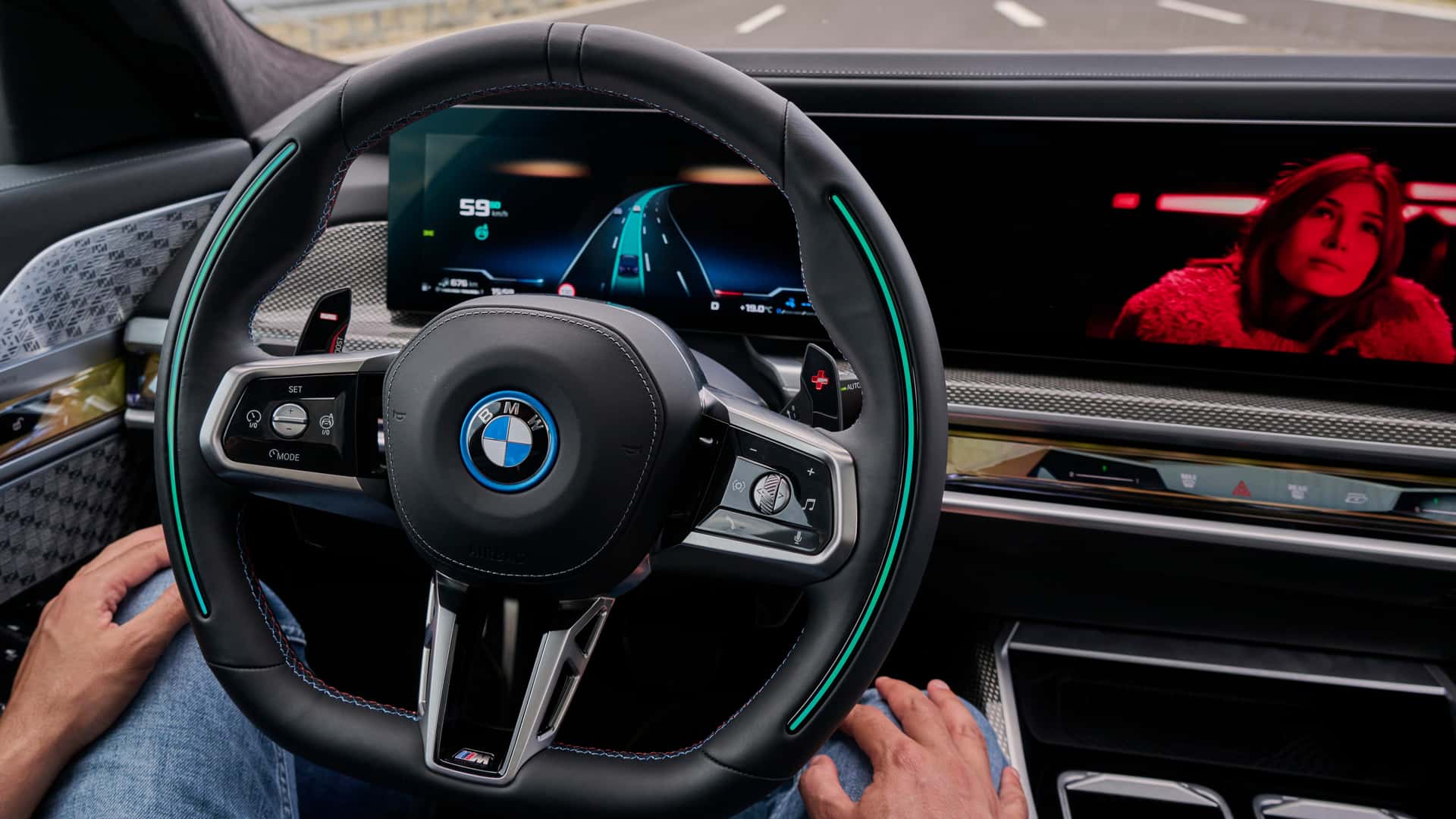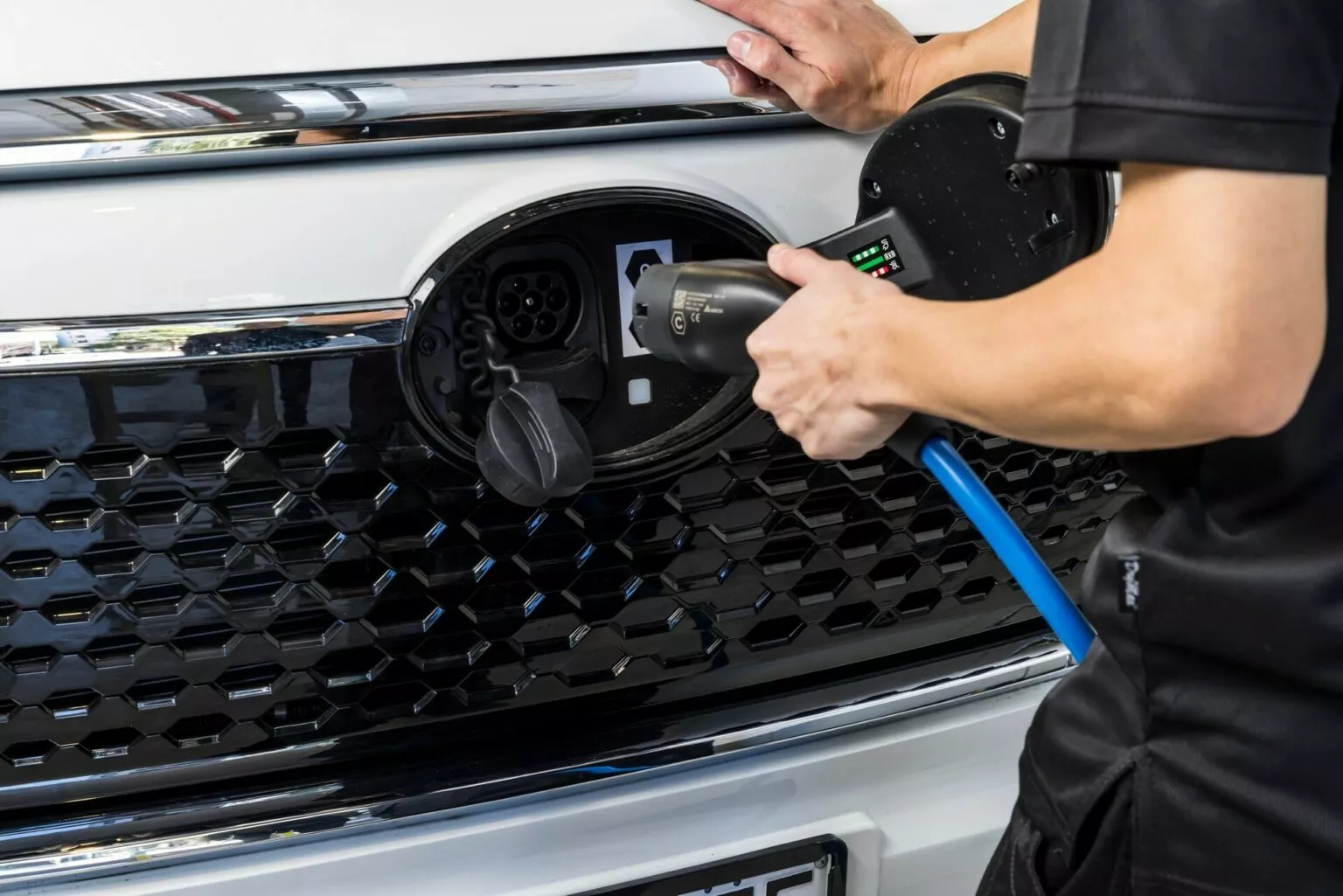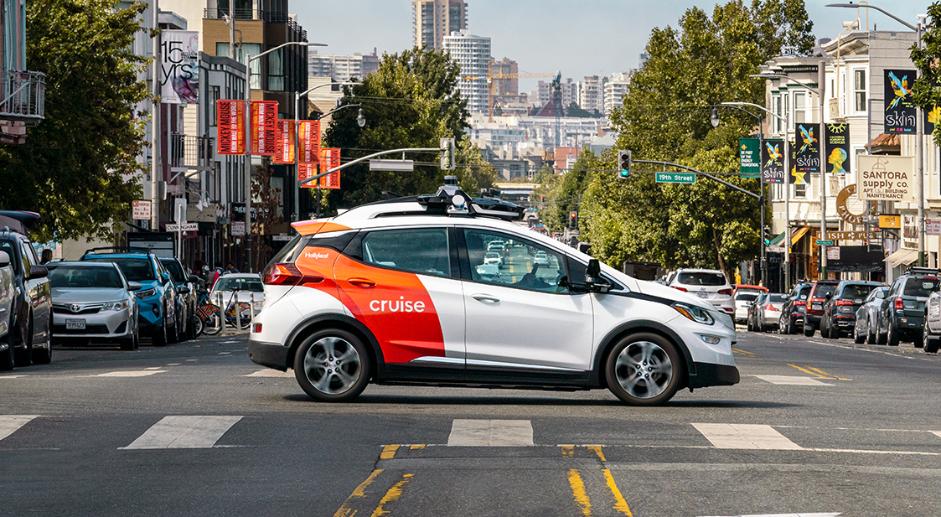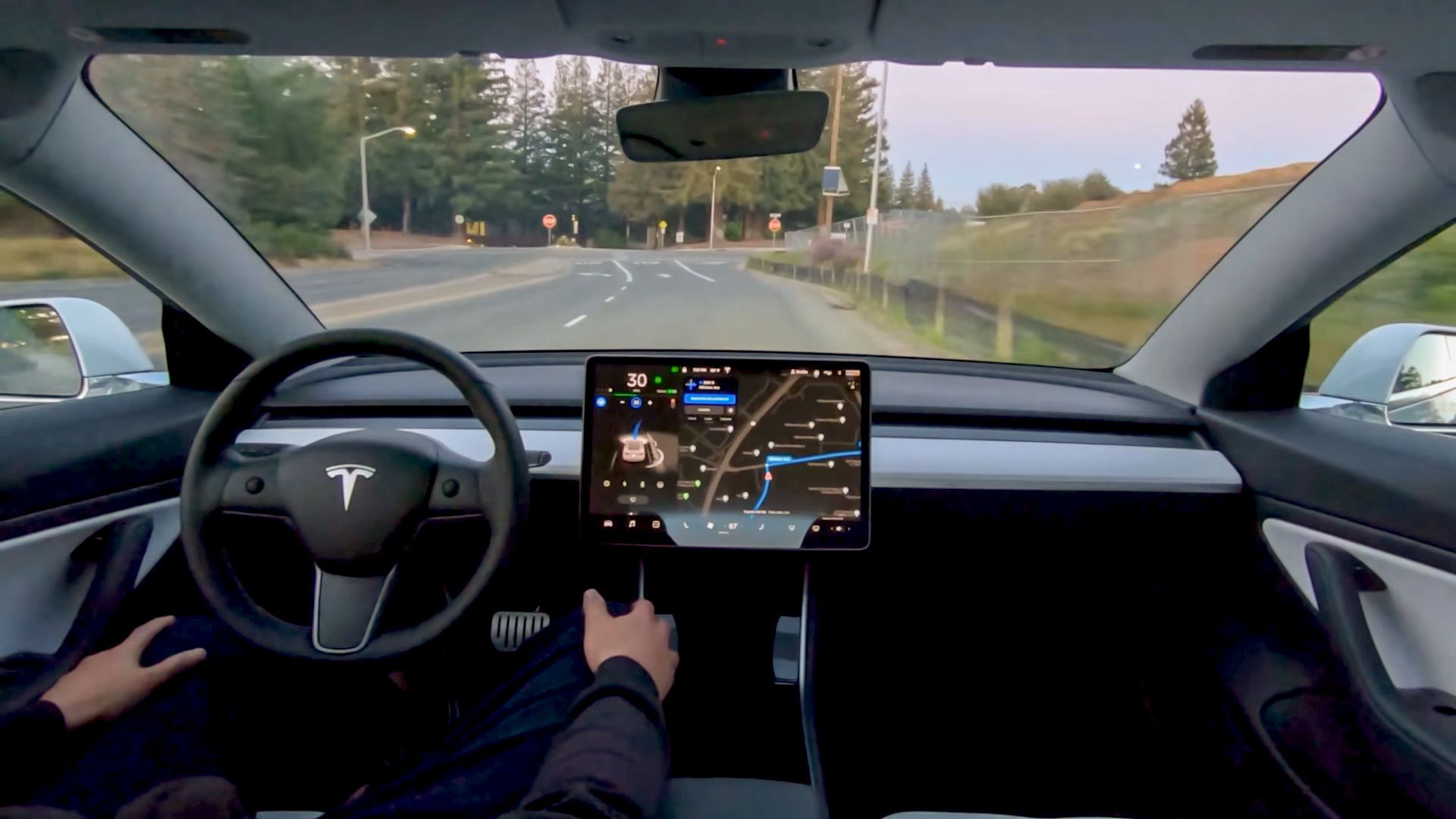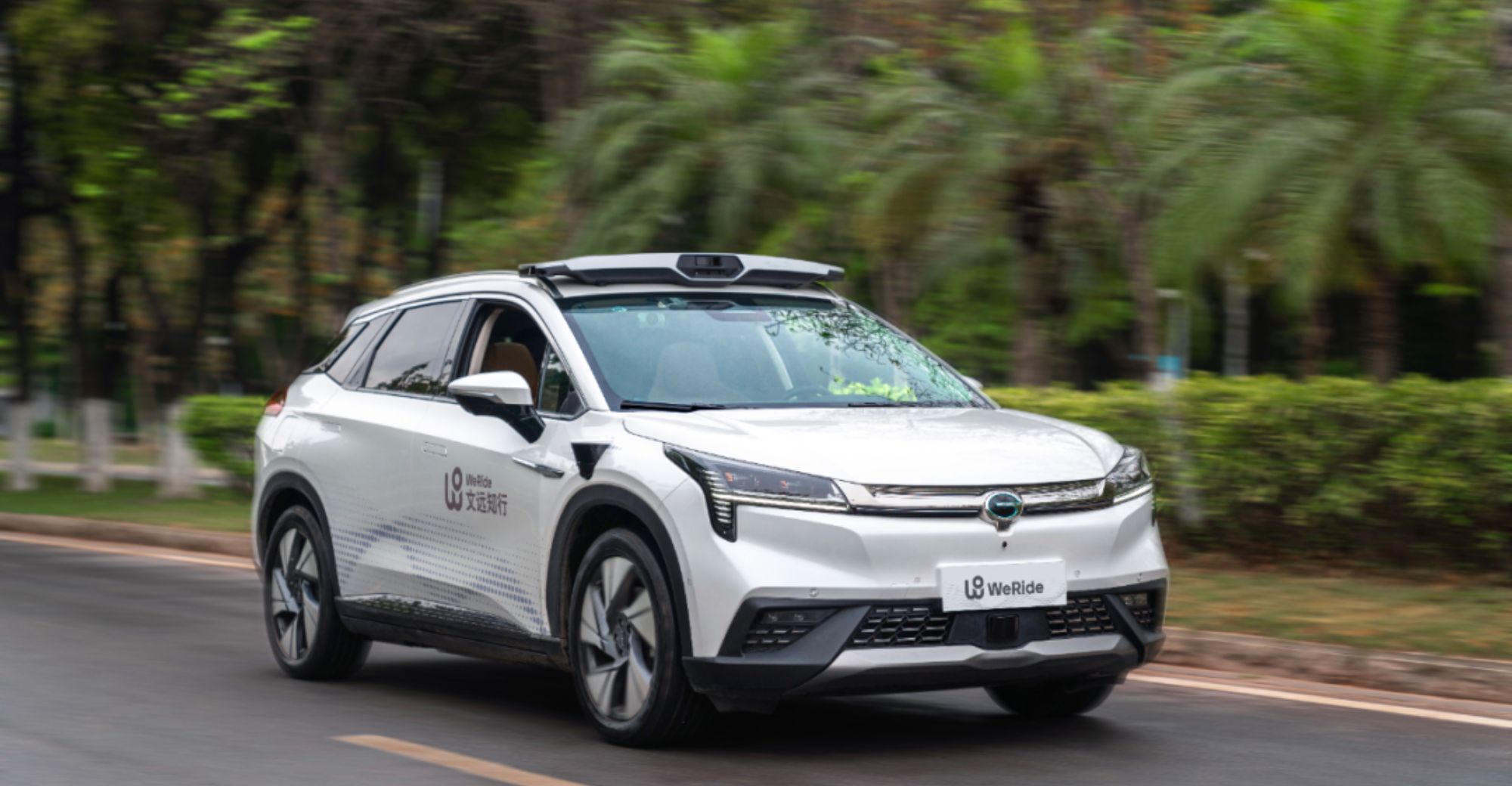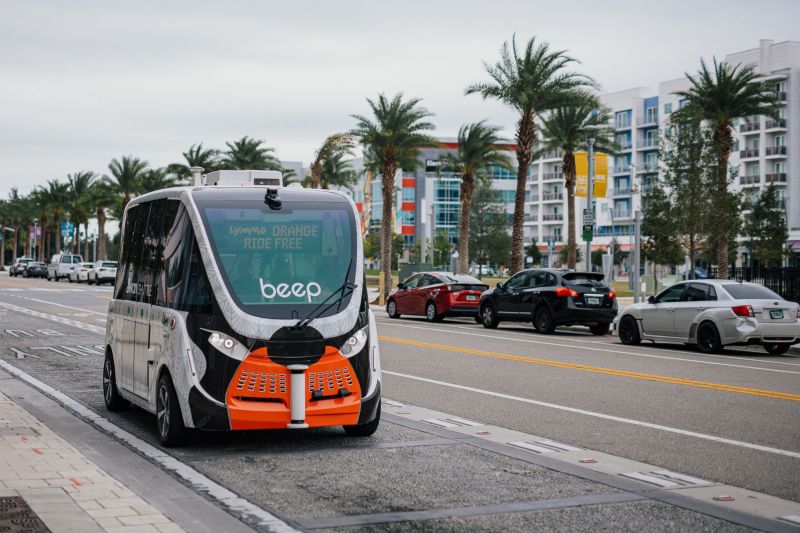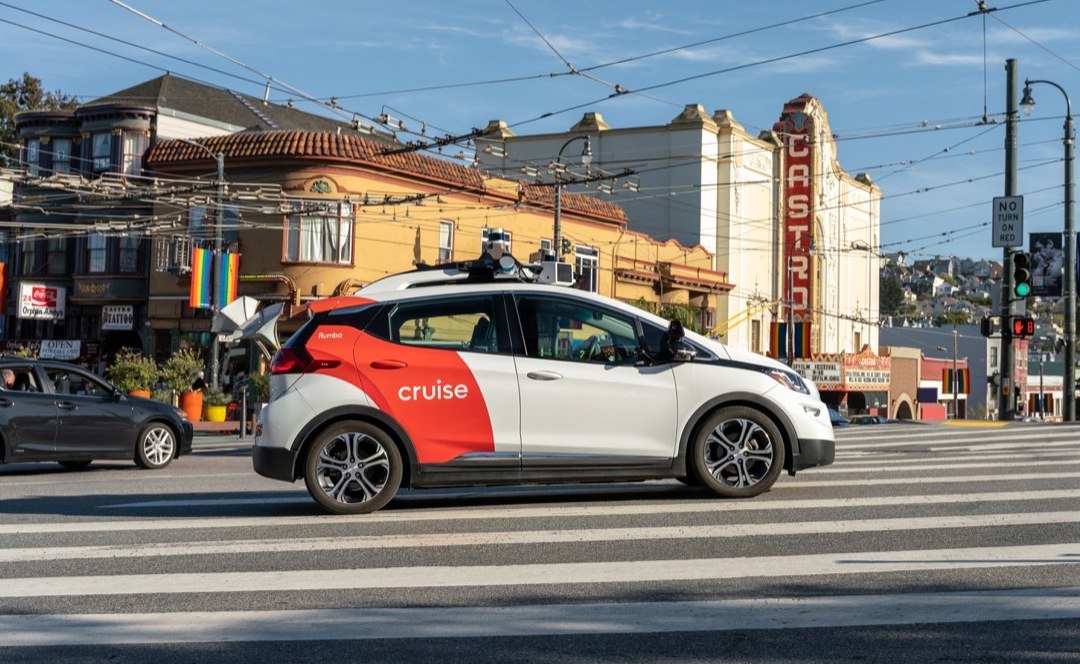BMW is set to debut its Level 3 highly automated driving assistance system, named Personal Pilot L3, on the latest-generation 7 Series, including the i7, later this year in Germany. Following in the footsteps of Mercedes-Benz, BMW’s innovative system, priced at approximately $6,400 (€6,000), allows drivers to disengage from steering and visual attention on highways with separated carriageways, at speeds up to 37 miles per hour (60 kilometers per hour).
Touted as the world’s second Level 3 system, BMW’s Personal Pilot L3 distinguishes itself by offering functionality even in low-light conditions, facilitated by its “particularly sophisticated sensors.” The feature is slated to be available for order in December, with the first vehicles equipped with Personal Pilot L3 expected to roll off the production line in March of the following year.
The Society of Automotive Engineers (SAE) defines Level 3 automated driving systems as capable of steering, accelerating, braking, lane-centering, and maintaining a safe distance from the preceding vehicle. Unlike Level 2 systems, such as Tesla’s Full Self-Driving (FSD), a Level 3 system allows the person behind the wheel to be disengaged from actively driving, while remaining ready to assume control as needed.
BMW emphasizes that the driver must be prepared to reassume driving responsibilities at any moment. If the system prompts a human takeover and it is not executed, the vehicle will come to a controlled standstill. The Level 3 assistant utilizes a combination of data sources, including high-definition maps, precise GPS, 360-degree sensors, video cameras, ultrasonic sensors, radar sensors, and a 3D lidar sensor. A 5G cellular connection is also integrated into the system.
While BMW has not clarified the global availability of its Level 3 system, it marks a significant advancement in the realm of autonomous driving, challenging competitors and positioning the German automaker as a contender in the rapidly evolving landscape of highly automated vehicle technology.

